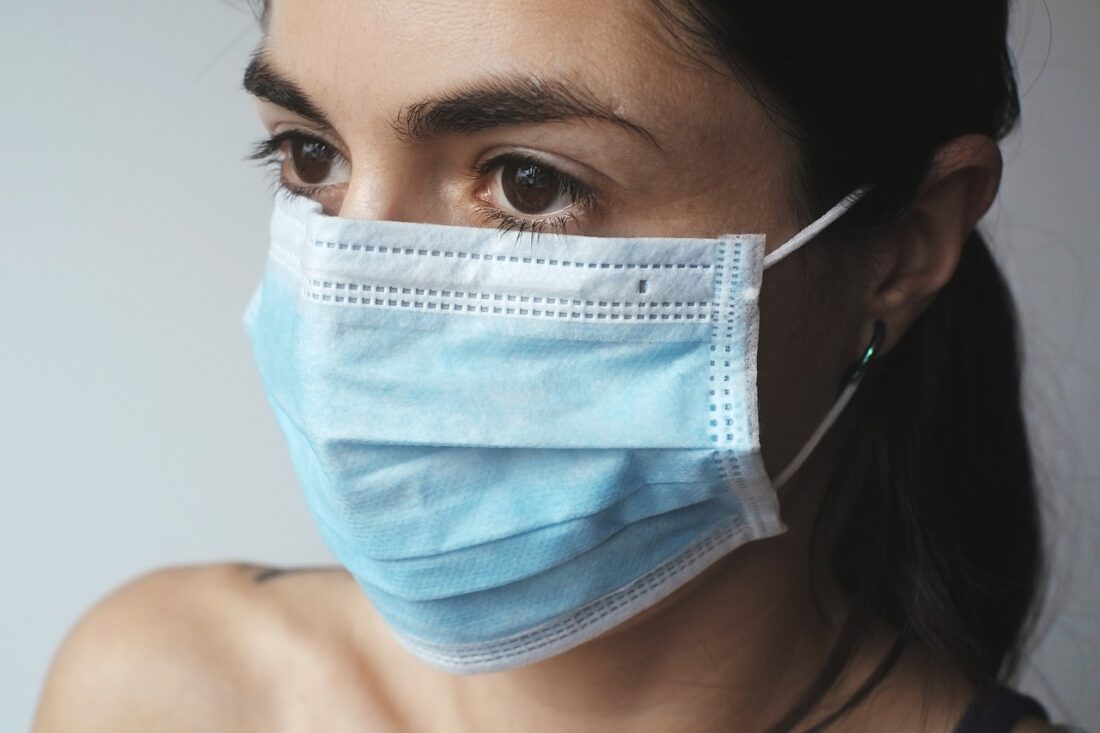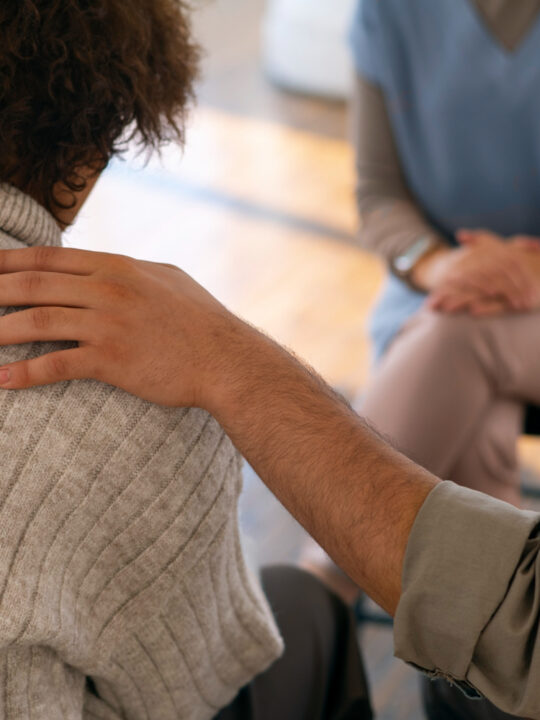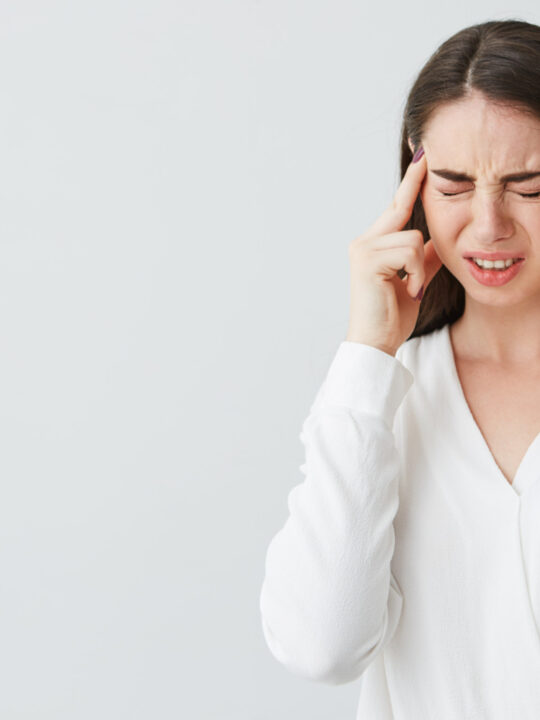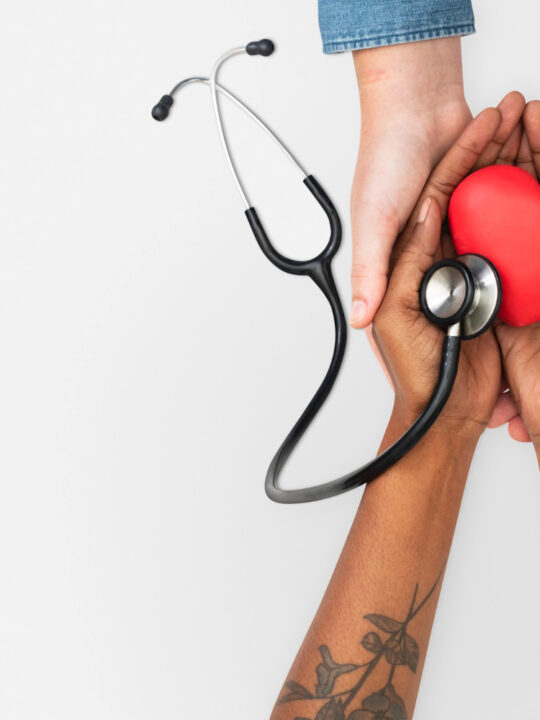 When we first heard about this crazy virus they were calling COVID-19, most people thought authorities were over-reacting. We all heard the predictions and the things that were happening overseas, but we didn’t expect our lives to change quite so drastically — especially not in such a short time. But change, they have.
When we first heard about this crazy virus they were calling COVID-19, most people thought authorities were over-reacting. We all heard the predictions and the things that were happening overseas, but we didn’t expect our lives to change quite so drastically — especially not in such a short time. But change, they have.
People’s lives have changed in different ways, but you’d be hard-pressed to find anyone who has been completely unaffected by the COVID-19 pandemic. And for most of the population, the impact of this virus has been quite negative.
Here are six challenges people have faced with the COVID-19 pandemic.
Table of Contents
1. Scheduling in-person appointments
Anyone who has had to get a driver’s license or state-issued ID in-person in the past year knows the challenges of scheduling in-person appointments. Most government agencies are operating on appointment-based schedules, and you must make your appointment months in advance. If you happen to miss that appointment for any reason, you’ll be forced to start the process all over again. Appointments used to be the biggest challenge, but those days have long since passed. For example, you can order a birth certificate online and avoid long waits.
2. Isolation and loneliness
Those at the greatest risk for contracting coronavirus are also at the greatest risk of isolation and loneliness. This is because they are most likely to keep more extreme social distancing standards in order to remain safe. Loneliness has been a problem for so many people during this pandemic, and online conferencing only solves part of the problem. Fortunately, we may be able to get back to some semblance of normalcy as more people get vaccinated against the virus.
3. Online shopping addiction
There is something to be said about retail therapy. And when you get that therapy from online shopping, it’s kind of like getting a gift in the mail every day. But there are some downsides. We’ve seen that porch piracy and the coronavirus have increased at steady rates since mid-2020. And as long as we’re all ordering online, we can expect this to continue.
4. Overeating
When you’re stuck at home with limited entertainment options, many people turn to food for comfort and to relieve boredom. And unfortunately, this has led to a rise in obesity numbers since the pandemic began. It’s true that some people have made positive body and health transformations during the quarantine period, but most have swayed in the opposite direction. As the economy re-opens, losing weight and getting healthy will be a top priority for many.
5. Alcohol over-consumption
When stress levels rise, so do alcohol consumption levels. And while it’s never recommended to use alcohol to solve problems, we can’t ignore that it happens. When someone has a bad day (or a bad stretch of days), they’re much more likely to consume alcohol. And statistics show that we’ve been drinking more alcoholic beverages since the pandemic began. At the very least, we’ve been buying a lot more alcohol.
But as restrictions are lifting and the world is getting back to a sense of normalcy, it’s the perfect time to get alcohol consumption under control.
6. Job loss
Job loss has been an unfortunate challenge that many families have faced as a result of COVID-19 and its associated mandates. Many people have had to change their form of employment or industry to account for the loss, and many others have had to make major sacrifices to stay afloat. While some government assistance has been available, these are still challenging times. We can hope that more jobs will become available as the economy reopens, but this is a complex issue that will continue to affect families in the future.
The COVID-19 pandemic has had devastating impacts on health and wellbeing, but its reach has gone far beyond the virus itself.







